Carol Moseley Braun’s pitch to Biden shows Black women can be strategic too
OPINION: America’s first Black woman senator is aware that she is a part of Biden’s legacy. Now, she seeks to be part of his future.
Carol Moseley Braun, the United States’ first Black woman senator is currently vying for a position in Biden’s forming cabinet. Moseley Braun, 73, would like to serve as President-elect Joe Biden’s Interior secretary.
The U.S. Department of Interior is the agency that oversees the management and conservation of federal land and natural resources. If selected for this position, Moseley Braun would manage agencies such as the Bureau of Land Management, the National Park Service and the Bureau of Land Management.
Read More: First Black woman US senator on Kamala Harris’ historic nomination
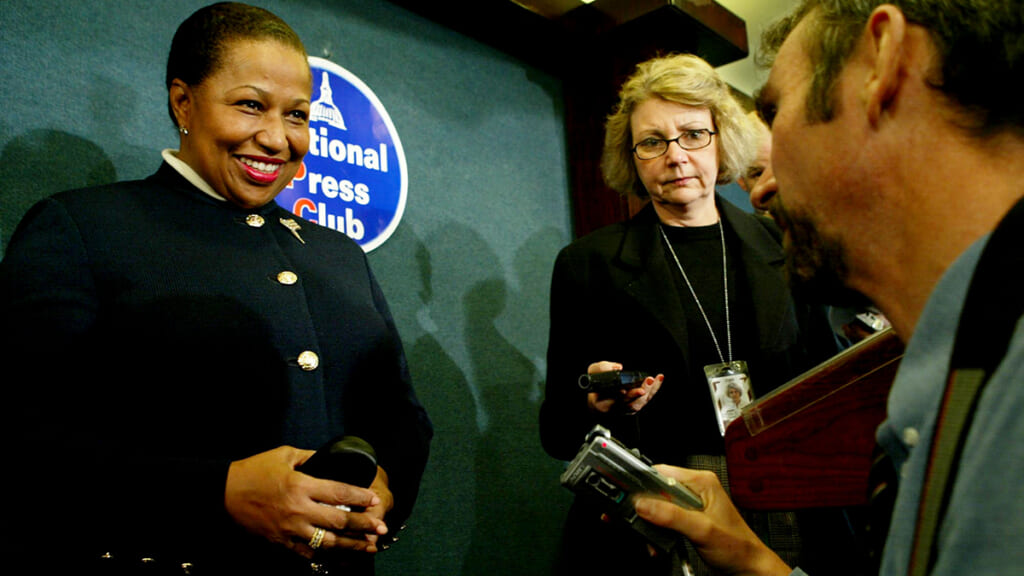
The agency was established in 1849 and has yet to have an African American secretary. While she has limited expertise in environmental issues, Moseley Braun is strategically estimating that her public appeal for this cabinet position will be met favorably by Biden. This is the right time for Moseley Braun to make her political aspirations known and to advocate for a formal role within the Biden administration.
Moseley Braun is reminding Biden of his expressed commitments to Black women. Black women’s role as the backbone of the Democratic Party is finally being heralded by this administration. Indeed, during their victory speeches on Nov. 7, both Biden and Vice President-elect Kamala Harris paid homage to Black voters, and Black women in particular, for their overwhelming support of the Democratic ticket.
Furthermore, Black women are speaking up and demanding that the Democratic Party do more than simply thanking Black women for their votes but actually support their candidacies, champion the issues and policies that matter most to them, and abandon transactional politics.
Not only did 91% of Black women cast ballots for Biden-Harris, but prior to Election Day, they held Biden accountable for Black women’s continued support to demand representation on the bottom of the presidential ticket. This advocacy of Black women politicos is what secured Harris’s selection for vice president. Biden and Harris owe their win to Black women voters, and therefore, may consider appointing a number of Black women to lead bureaucratic agencies or serve in key advisor positions.
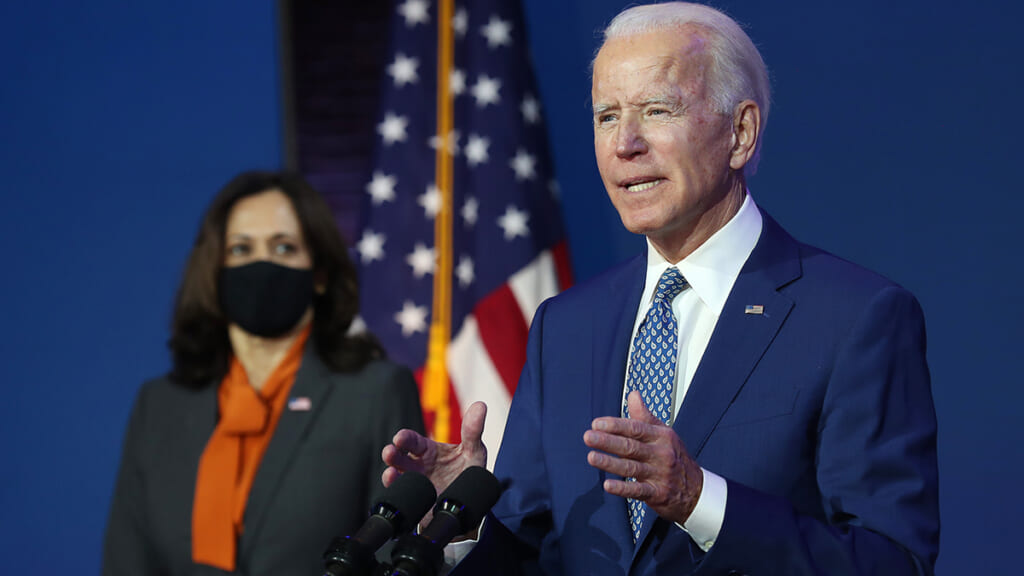
Carol Moseley Braun is following in the footsteps of other politically ambitious women and publicly stating her interest in a position on Biden’s team. Recall that earlier this year Stacey Abrams lobbied to be the Democratic nominee for vice president along with five other Black women political elites. This tactic, along with the backing of Black women organizers and long-time Democratic operatives, proved to be successful for Kamala Harris — so why wouldn’t Moseley Braun attempt a similar strategy?
By making her ambitions known, Moseley Braun may potentially harness the power of Black women politicos and organizers who may summarily push the Biden-Harris administration to descriptively represent them by appointing qualified Black women to his cabinet.
Read More: President-elect Biden names Black women to serve key roles in his administration
While Carol Moseley Braun does not have the experience of championing environmental issues, she has a close personal relationship with the president-elect. Biden, in his tapping of Harris as VP and in his cabinet choices to date, has demonstrated that he prioritizes naming experts to serve in his administration with whom he has a strong relationship. Moseley Braun is a steadfast and loyal Biden supporter who often stumped for him during the campaign.
Their friendship developed during a time when then-Senator Joe Biden needed Black women’s support the most. Then-Senator Moseley Braun was personally invited to serve on the Judiciary Committee by Biden himself in 1993. At the time, this was a surprise pick for two reasons: first, Moseley Braun publicly stated that she preferred to serve on the Appropriations Committee, and second, her senior colleague, Senator Paul Simon (D-IL) already served on the committee.
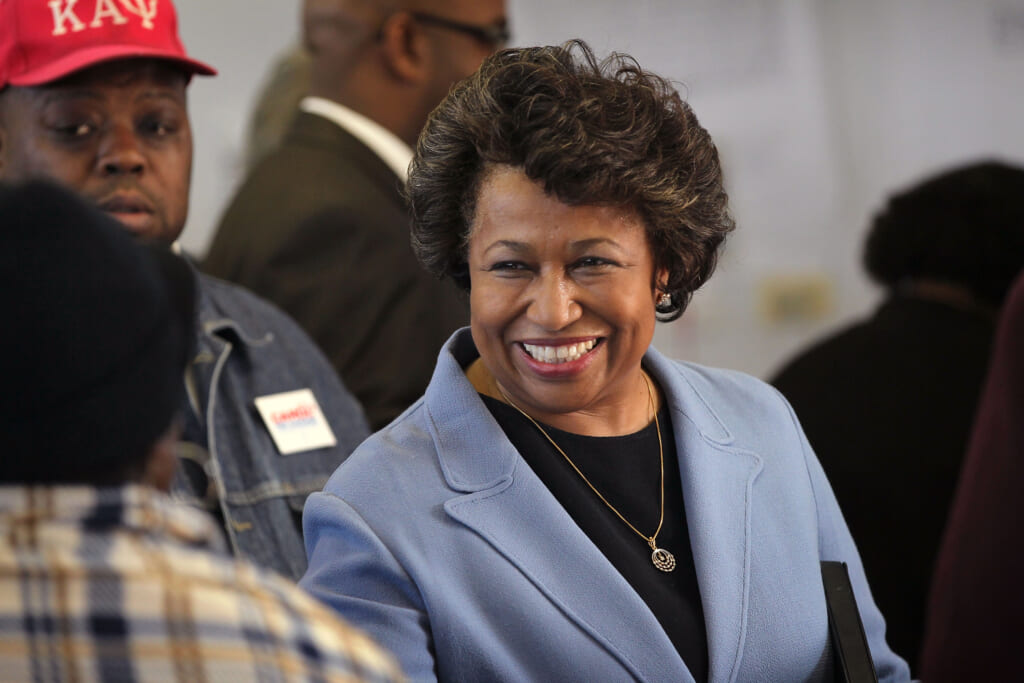
As chairman of the Judiciary Committee, Senator Biden was painfully aware that he needed to diversify the all-white male committee after the Clarence Thomas-Anita Hill hearings. In response, Senators Dianne Feinstein (D-CA) and Moseley Braun (D-IL) were added to the committee — who both won their elections during 1992’s year of the woman.
Similar to 2018, where Democratic women entered Congress in a wave in large part in reaction to Supreme Court Justice Kavanaugh Hearings in which he denied sexually assaulting Professor Christine Blasey Ford, 1992 was women’s response to Justice Clarence Thomas’s Supreme Court hearings in which he denied Anita Hill’s allegations of sexual assault and likened the hearing process to a “high-tech lynching.”
Carol Moseley Braun entered the Senate and the Judiciary Committee as the first Black woman to do so, and is largely seen as a symbolic balm to the soul of America that is grappling with how to process sexual assault allegations, the mistreatment of Anita Hill by an all-white male judiciary committee, and renewed conversations on the role of gender within Black communities.

Read More: Anita Hill pledges to vote for Joe Biden and work with him on gender issues
While both Biden and Moseley Braun contend that she was not asked to serve on the committee because she was a Black woman — rather it was due to her work on judiciary committees when she served in the Illinois state legislature — but she pointedly joked if she was asked to join the committee because Biden “just want[ed] Anita Hill on the other side of the table.”
Moseley Braun recognized that it was women’s activism and votes that sent her to Congress and that there needed to be more diversity in the Senate. For his part, Biden recognized this too, which may be the reason he personally sought out Moseley Braun to join the Judiciary Committee and has remained a mentor, supporter and protector of hers over the years in spite of her political woes.
Biden recognizes that diversity is an asset. Biden, who has always had presidential aspirations, is a strategic politician who sought to rehabilitate his image as the chair of the Judiciary Committee who oversaw this process. In doing so, he reached out to Moseley Braun who is a historic first in her own right to diversify the committee. Indeed, Biden’s relationship with Black women may be strategic more than altruistic. But Black women are just as strategic.
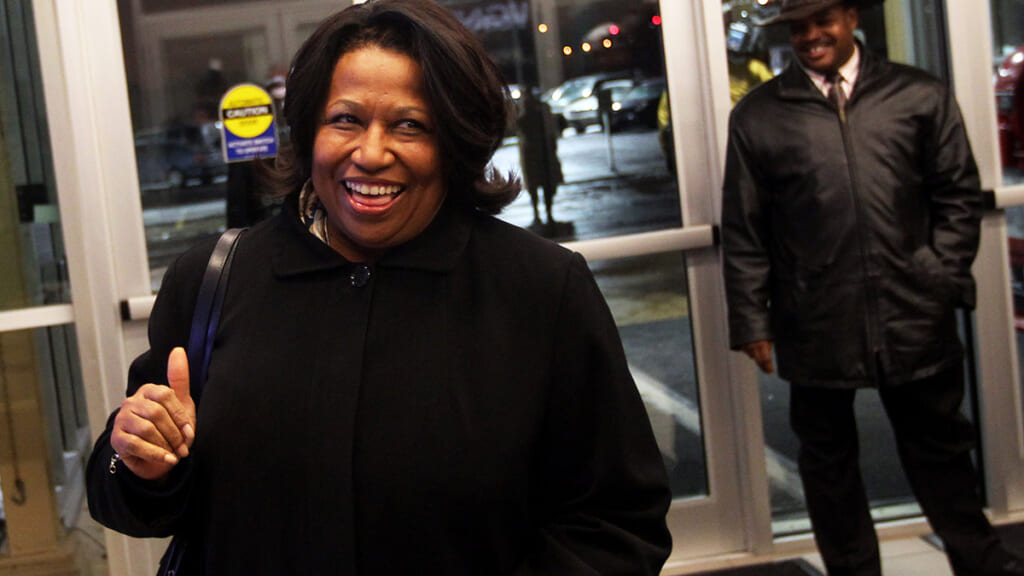
Carol Moseley Braun is aware that she is a part of Biden’s legacy. Now, she seeks to be part of his future. By tying herself to Biden she earned a spot on the powerful Judiciary Committee during a time when Black women’s symbolic representation was wanted and needed the most.
Now, like in 1993, Biden is looking to tap Black women to provide him with political coverage. Carol Moseley Braun is in the right position to ask for what she wants.
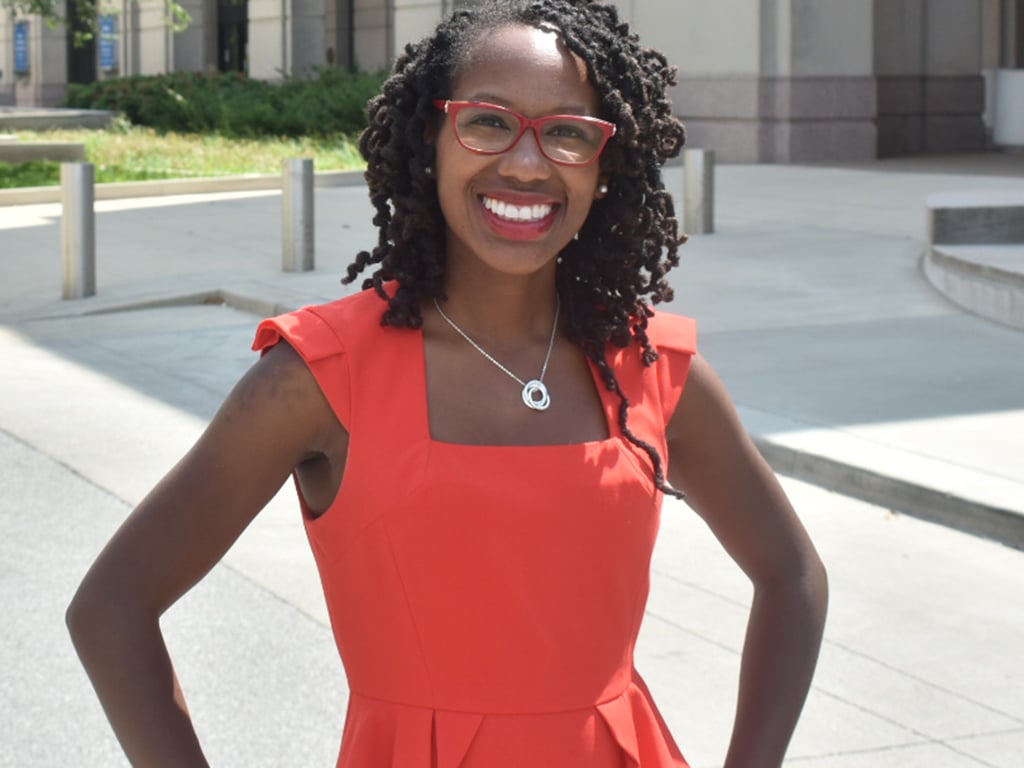
Nadia E. Brown is an associate professor and University Faculty Scholar of political science and African American studies at Purdue University. Professor Brown is the author of the award-winning Sisters in the Statehouse: Black women and Legislative Decision Making. And the lead editor of Politics, Groups and Identities.
Have you subscribed to theGrio’s podcast “Dear Culture”? Download our newest episodes now!
TheGrio is now on Apple TV, Amazon Fire, and Roku. Download theGrio today!
The post Carol Moseley Braun’s pitch to Biden shows Black women can be strategic too appeared first on TheGrio.
from TheGrio https://ift.tt/37iEFuw
No comments: